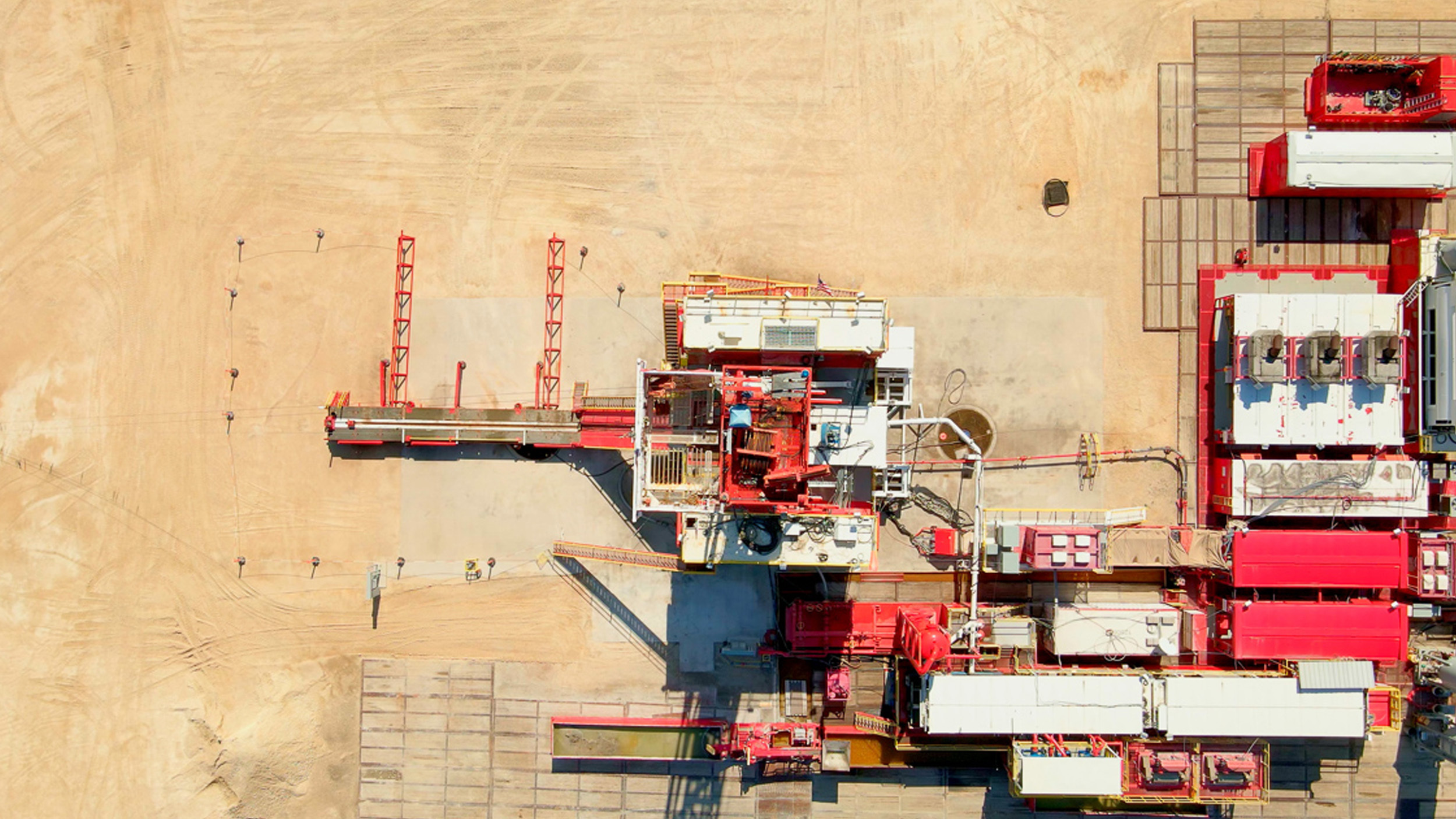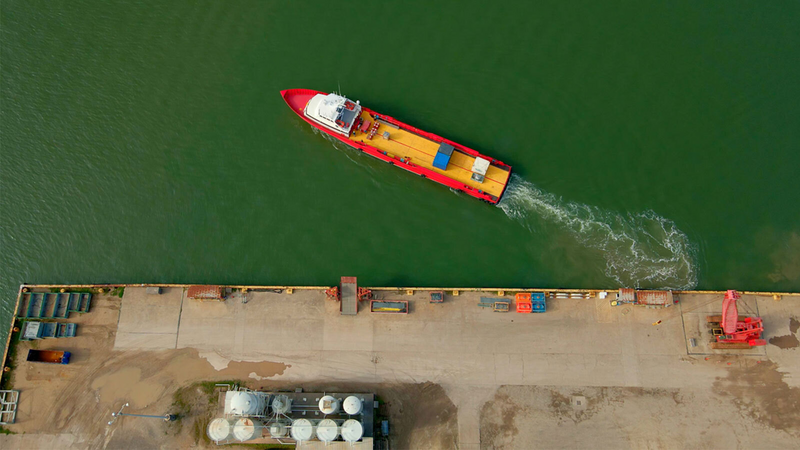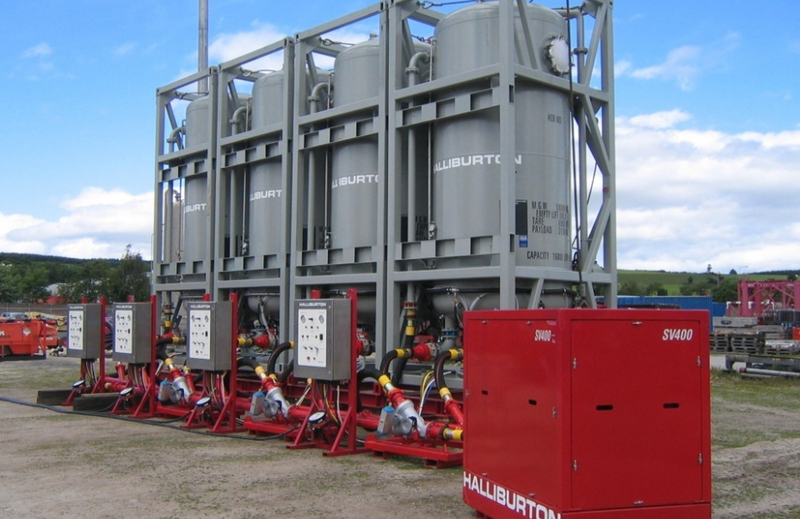 Search
Search
 Search
Search

BaraSeal™-957 helps enhance integrity by stabilizing microfractures, lowering fluid loss and minimizing wellbore invasion of filtrate.
Download PDFDeliver performance and cost-effective solutions for problematic curve sections

Delaware Basin, New Mexico
Unconventional Shale Drilling

Deliver performance and cost effective solutions for problematic curve sections in the Delaware Basin’s Wolfcamp Shale when using cut-brine fluids in lieu of traditional oil-based fluids
Implemented BaraSeal™-957 wellbore sealant program. This solution stabilizes microfractures, lowers fluid loss, and minimizes wellbore invasion of filtrate at low concentrations
Oil-based drilling fluids are widely used in the Delaware Basin. For years, operators have observed the consistency of the fluid properties, low fluid-loss penetration into the wellbore, and performance while drilling. Saltwater flows are common, and the mud weight window does not allow for an increase in fluid density due to existing fracture gradients. These conditions present new challenges related to cost and performance with existing solutions. Halliburton Baroid developed and successfully implemented a new solution for this application.
The operator required the use of a modified, water-based fluid (cut-brine). This fluid strategy needed a low fluid-loss value. It also required wellbore stability for improved performance while drilling the curve sections of wells in the Wolfcamp Shale. The cost of a fully built, high-performance, and water-based fluid could not be justified for only the curve section. The presence of saltwater flows dampened the use of traditional oil-based fluids, and current mud weight windows did not allow for a higher density fluid. Drilling the section with a modified cut-brine fluid had its own challenges, such as low rate of penetration, high torque, and the possibility of stuck pipe.
Halliburton technical personnel combined offset data and product knowledge to design a solution that included the use of the wellbore sealant, BaraSeal™-957. The product consists of a proprietary, sub-micron polymer technology that rapidly stabilizes microfractures in shale formations. Using the wellbore sealant on a cut-brine fluid that was treated for fluid loss allowed for an ultra-low fluid loss system (API fluid loss test of <5 mL/30 min., with a thin/pliable filter cake). The redesigned fluid strategy enabled the operator to drill the curve section of the test well with improved performance (reduced hang ups and torque, better tool face angle, and fewer hours to drill curve to landing point). The strategy also included additional benefits, such as the absence of jarring while drilling or tripping, and a smooth trip-out on elevators after reaching total depth.
BaraSeal-957 saved the customer costs associated with product usage and valuable rig time. The curve of the test well was drilled to the landing point in 19 hours with a final inclination of 81 degrees.
The curve of the previous well, which had a near identical total vertical depth and directional profile, drilled to a final inclination of 60 degrees before limiting out because of well instability issues.
Hours of drill time using BaraSeal-957
Degrees final inclination using BaraSeal-957
Feet an hour ROP using BaraSeal-957
Operators added the wellbore sealant, BaraSeal-957, into a pre-existing, cut-brine system, treated for water loss. This allowed the operator to drill the curve section of a Wolfcamp well 43% faster than the previous near identical hole section, with a 50% total cost reduction. Additional performance metrics along with viable cost savings are shown below.

Halliburton leads the drilling fluids industry with cutting-edge solutions, including advanced drilling fluids and solids control technologies.

We carefully plan each waste management solution according to local conditions to maximize drilling efficiency.
